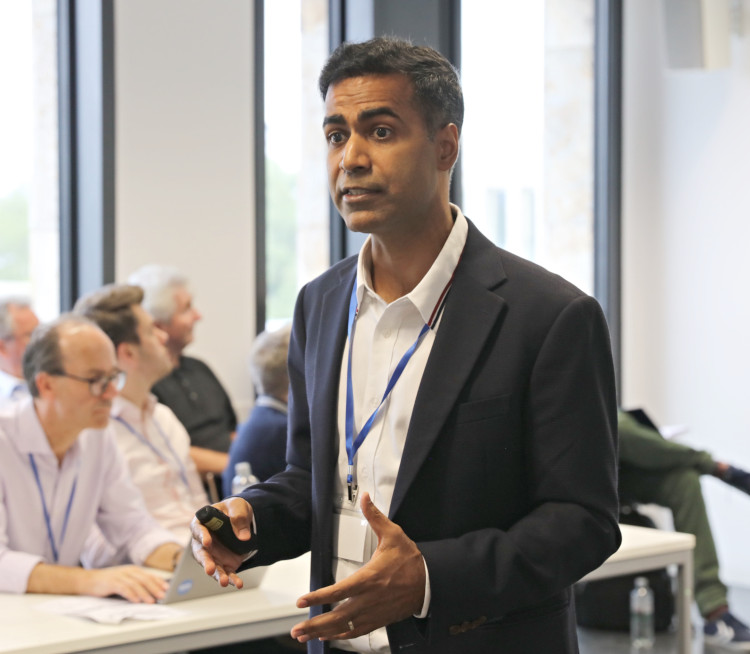Linus Büttner
Doctoral Candidate,
Goethe University Frankfurt
Linus is a research assistant and doctoral candidate at the Chair of Innovation and Entrepreneurship with a focus on Japan/East Asia at Goethe University Frankfurt. He holds a bachelor’s degree in Business Psychology from the West Coast University of Applied Sciences and pursued a master’s in International Management at Goethe University, specializing in Managerial Economics and Data Analytics. His academic background combines insights from behavioral science, strategy, and data-driven research. Linus now explores sustainable innovation and the application of visual analysis and computer vision to examine contemporary innovation challenges. His work leverages advanced computational methods to analyze cultural and strategic aspects of innovation, with a particular focus on the creative industries in East Asia.
Linus Büttner primarily contributes to the work in Working Area A: Forms, Formats and Contents, in Working Area C: Archives and Cultural Heritage and in Project 1.1 on Dynamic Optimal Distintiveness in South Korean Films.
My CEDITRAA story
“In my research project: “Cultural Dynamics and Visual Distinctiveness in Korean Cinema”, I explore the intersection of visual aesthetics, cultural dimensions, and market performance in the Korean film industry. My project investigates how visual similarity and distinctiveness influence a film’s commercial success and how cultural factors moderate this relationship. Utilizing computer vision and large language models, the study develops a data-driven approach to analyzing films, leveraging feature extraction techniques to quantify aesthetic elements such as color, composition, and style. By integrating cultural analysis with machine learning, the research contributes to optimal distinctiveness theory and advances the use of computational methods in cultural and organizational studies, offering insights into the evolving landscape of global creative industries.”



